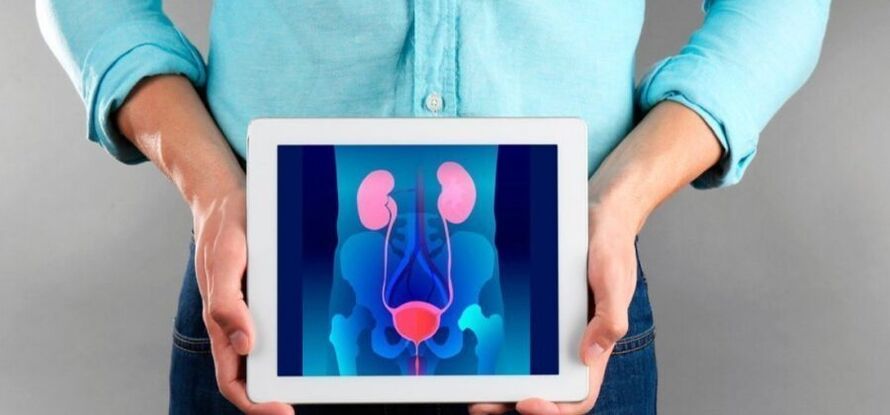
Main causes of prostatitis
- Infections occur when pathogens enter the bloodstream and spread throughout the body;
- Weakened protective functions of the body, often caused by sleep and wake disturbances, nutrition, bad habits, and chronic stress;
- Circulatory disorders due to heart, nervous system problems, lack of physical activity;
- Lack of regular sexual intercourse, leading to stagnation;
- alcoholism and smoking due to weakened immunity and neurological disorders;
- Violating the basic principles of proper nutrition by consuming highly concentrated foods and chemically treated vegetables and fruits;
- Phimosis - a pathology in which the head of the penis does not open completely if not eliminated in youth;
- Prostate stones, triggering an inflammatory process;
- Hormonal imbalances and pathological abnormalities of penile structure.
A sedentary lifestyle, which is characteristic of many occupations, can also lead to prostatitis. Drivers and office workers who stand for long periods of time are more susceptible to the disease than men who lead active lifestyles and are forced to move frequently due to their jobs.
Types of prostatitis
- The course of the disease is acute and chronic. The first symptom has various symptoms, but men almost always experience discomfort in the pelvic area, even at rest, and can be observed at any age. These symptoms simply cannot be ignored. If patients don't see a doctor and try to treat themselves, the disease can become chronic. This form is most common in people over the age of 50 and has few symptoms; it is usually discovered during testing for concomitant diseases.
- cause. The inflammatory process in the prostate may vary. There are bacterial, infectious, calculus, purulent, and congestive prostatitis. Depending on the type, additional treatments and medications are selected to eliminate the underlying cause.
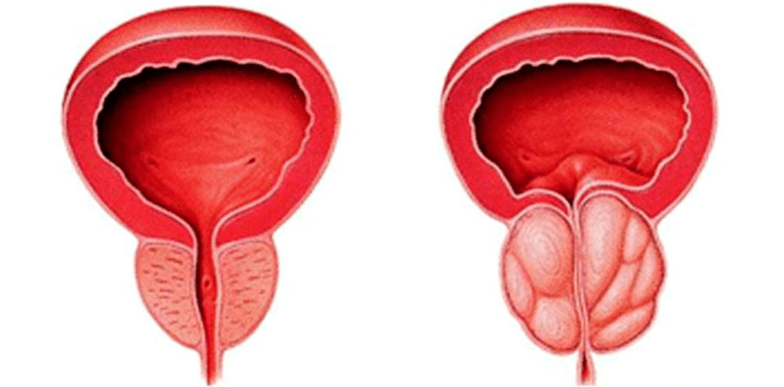
signs of prostatitis
- pubic pain;
- Discomfort in the groin area;
- Frequent urination, with pain during stress and hypothermia;
- sleep disorder;
- erection problems;
- premature ejaculation;
- increased sweating;
- There is abnormal discharge;
- The temperature is slightly higher than 37 degrees at night.
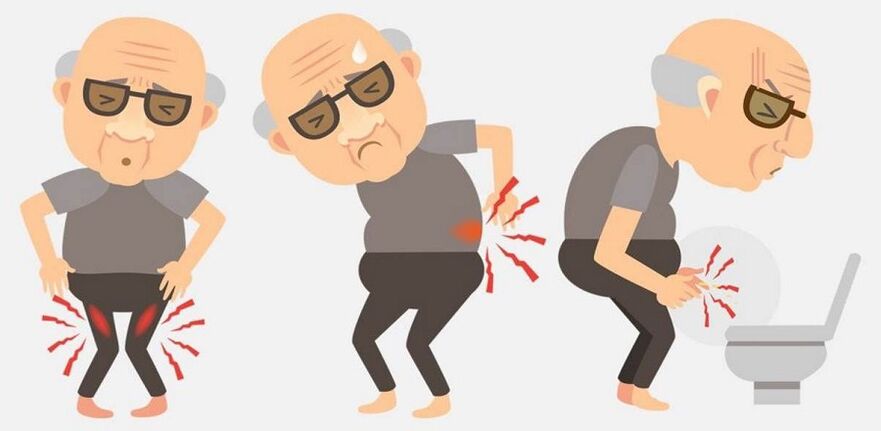
Description of Comprehensive Treatment Approach
Key elements of comprehensive treatment
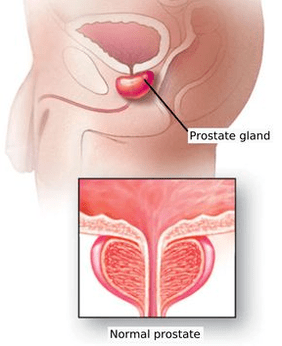
- Medication course. Choose according to the form of the disease. Infections require the use of antibacterial drugs and non-infectious anti-inflammatory drugs, which allow successful symptomatic treatment and normalization of peristaltic function.
- Enhance immunity. Improving the protective function of the male body is the basis for successful treatment. Doctors choose immunomodulators (tablets) or topical medications (rectal suppositories).
- physiotherapy. External influences on the pelvic organs play an important role in the treatment of the disease and are an important component of a comprehensive approach.
antibacterial treatment
- Determine the susceptibility of pathogens to different groups of antibiotics and select the most effective one.
- Use bactericidal drugs to kill pathogenic bacteria.
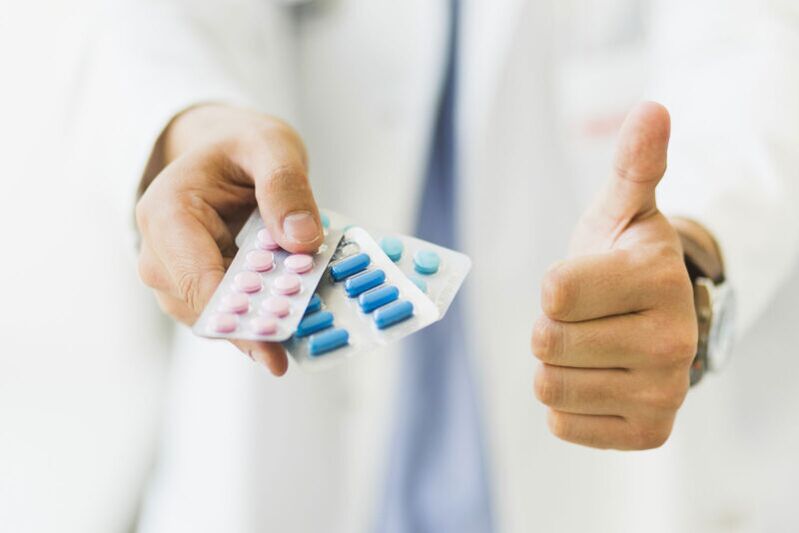
Physical therapy and massage
- electrophoresis;
- ultrasound;
- warm enema;
- herbal bath;
- UHF;
- leech therapy;
- Resonance (microwave) therapy;
- Induction heating method.
A group of drugs for the treatment of prostatitis
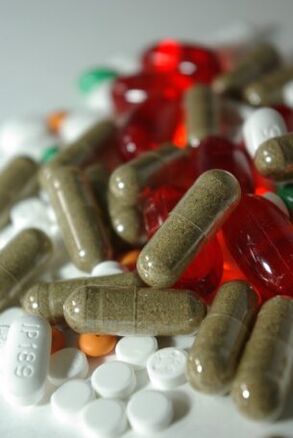
anti-inflammatory drugs
- A medicine containing prostate extract that reduces swelling and relieves inflammation. For the bacterial type, it is taken after a course of antibiotics, and for the chronic type, long-term use is required to achieve the above effects.
- Candles based on natural extracts. The most popular are products based on propolis, bee waste, pumpkin seed oil, and Ichtisol.
immunity-boosting drugs
When is surgery needed?
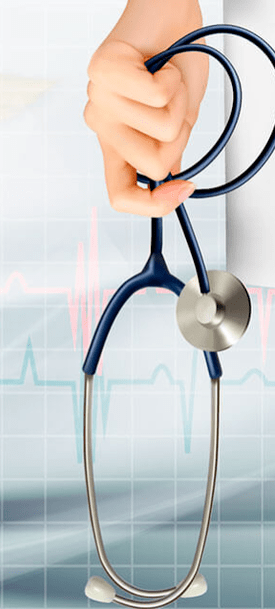
- Acute abscess that cannot be removed without surgery;
- Urinary obstruction due to urethral stricture;
- Development of prostatic hyperplasia.
Folk remedies for treating prostatitis
attention!The total duration of treatment with various herbal remedies should not exceed three months. Prolonged use can irritate mucous membranes.
nettle
- Pour a tablespoon of chopped nettles into a cup of vodka and leave for 3 weeks, straining. Take 2 teaspoons 3 times daily before meals.
- Pour 6 tablespoons of nettle seeds into 0. 5 liters of port wine, boil for 5 minutes, cool and filter. Use 3 times daily.
- Serve the ingredients as in the first recipe, but leave for 3 weeks, shaking occasionally. Drink 20 ml of tincture daily until finished.
- Brew the leaves into tea and let it sit for 10 minutes before drinking. Add a little lemon and honey.
- Crushed sea buckthorn and nettle bark in equal proportions;
- Mix the ingredients and take 8 grams;
- Pour one liter of boiling water and leave in the water bath for 10 minutes;
- Let it cook for 30 minutes.
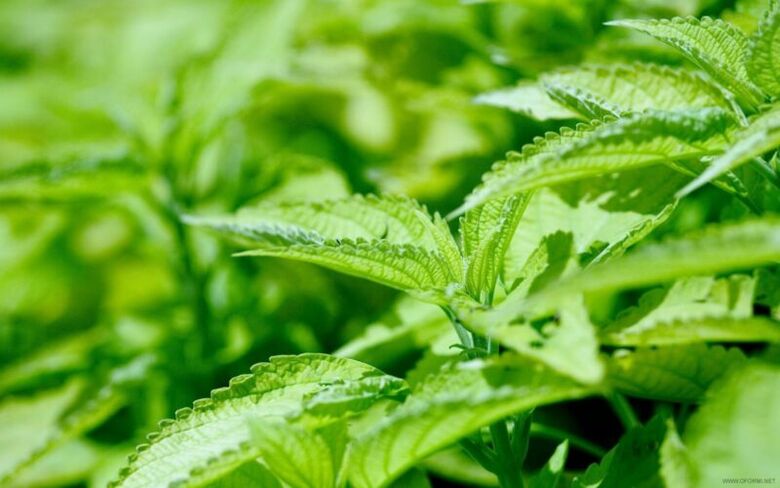
banana
- Pour a tablespoon of dried leaves into a liter of boiling water.
- Simmer over low heat for about 10 minutes.
- Allow to cool and take before each meal.
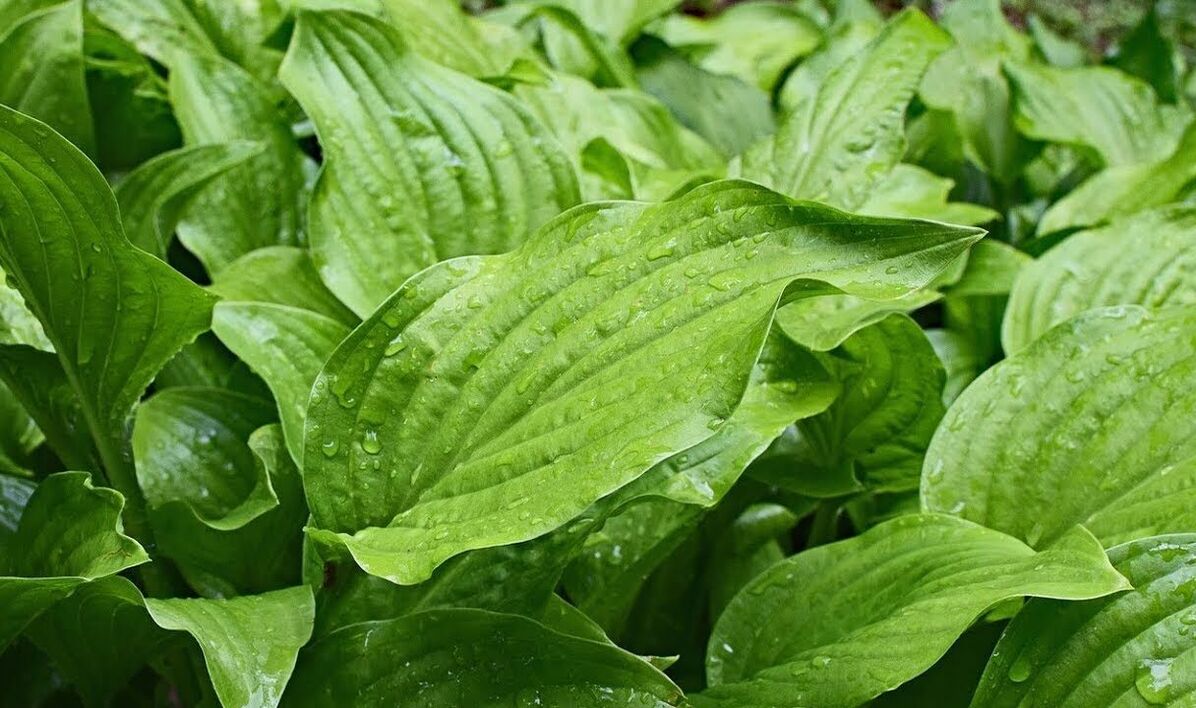
ginseng
- Improve sperm motility and motility;
- Increase semen production and quality;
- Eliminate inflammatory processes;
- Restore hormone levels;
- Pour the roots into 70% alcohol in a ratio of 1: 10. Place in dark place for 2 weeks. Drink ½ teaspoon three times a day before meals. Course duration is one month.
- Add 2 tablespoons of grated ginseng root to 700 grams of natural honey and leave for 7-10 days. Take 1 tablespoon before bed.
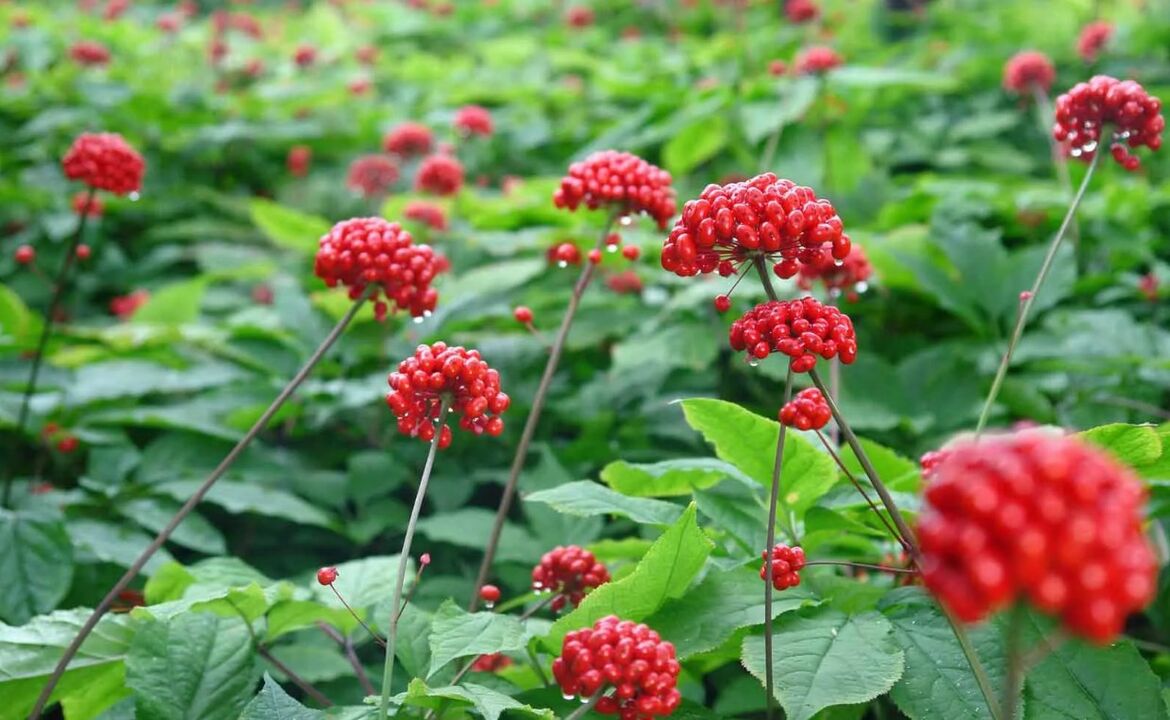
wise man
- bathing place. Take 5 parts each of celandine, rope, toad, birch, rosehip, spivelle, bearberry, blackcurrant and lilac inflorescences. Add 10 servings each of oats and sage. Pour in boiling water, let it sit for 1-2 hours, then pour in clean water.
- enema. Add 12 grams of the herb (2 tablespoons) to half a cup of boiling water and let sit for 20 minutes. Add 10 parts of dimethyl sulfoxide to the total solution and cool to 40 degrees. The course of treatment is 10-15 times.
- infusion. Add equal amounts of sage and calamus, add 200 ml of water, steam for 30 minutes, and drink twice in the morning and evening.
attention!Enema should be performed only after consulting a doctor. Considering the symptoms and course of prostatitis, this is a pretty serious surgery.
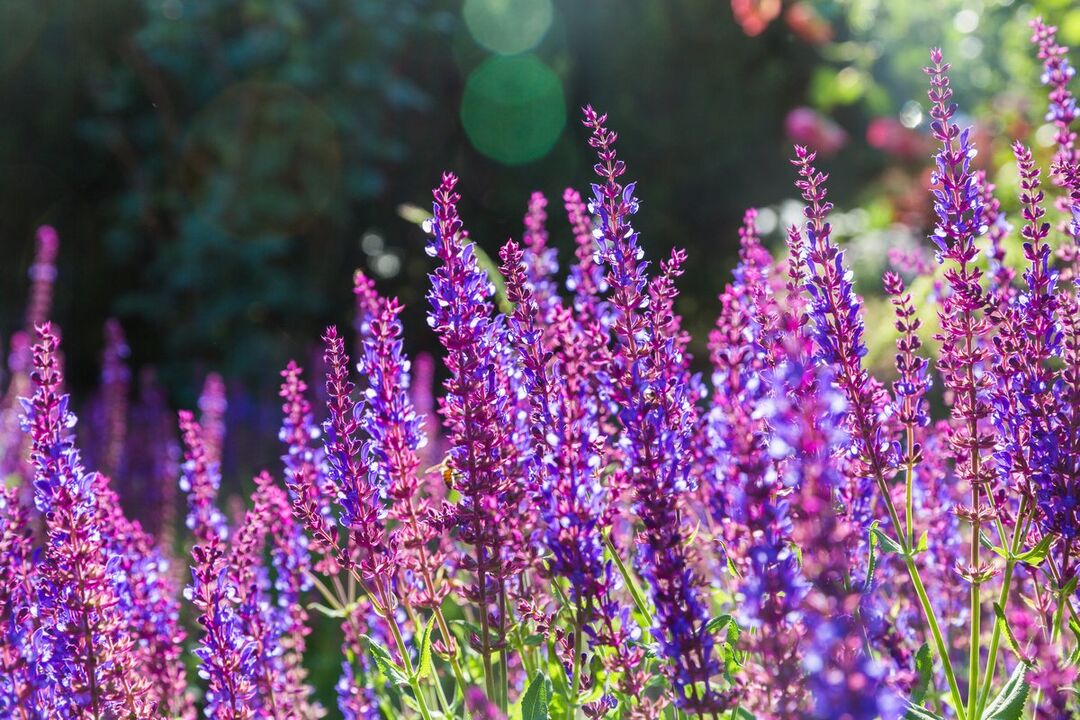
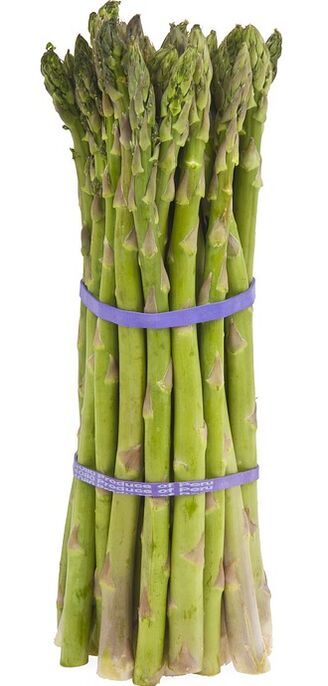
nutrition and lifestyle
- Get rid of bad habits (alcohol, smoking);
- Give up "empty" calories (fast food and unhealthy snacks) in favor of vegetables and fruits;
- Start living an active lifestyle, go to the gym, swimming pool, take regular walks and try to spend more time walking instead of driving.
Prevent prostatitis
- Follow all rules and recommendations and carefully monitor private hygiene;
- Be careful to keep warm during the cold season to avoid hypothermia, such as wearing woolen underwear;
- Have regular sex with a regular partner and avoid short-term relationships;
- If you've had prostatitis once, see a specialist at least twice a year.



















